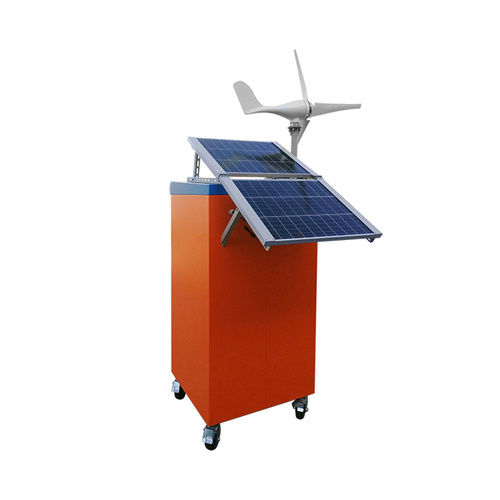About Battery supercapacitor energy storage principle
Nowadays, the energy storage systems based on lithium-ion batteries, fuel cells (FCs) and super capacitors (SCs) are playing a key role in several applications such as power generation, electric vehicles, computers.
••It presents an overview on different types of SCs along with the electrode.
Energy storage systems (ESS) are highly attractive in enhancing the energy efficiency besides the integration of several renewable energy sources into electricity systems. While c.
As mentioned earlier, the SCs have gained much attention due to their phenomenal properties such as fast charge and discharge, long cycle life and high PD. This is due to the cont.
3.1. Types of SCsAccording to the charge storage mechanism, SCs are classified as EDLCs, PCs and HSCs. Fig. 4(a) highlights the basic component.
4.1. DC MicrogridsThe dc microgrids are powered with several renewable energy power sources along with the utility grid. There will be a voltage or current fluctuat.
Electrical energy is stored in supercapacitors via two storage principles, staticand electrochemical ; and the distribution of the two types of capacitance depends on the material and structure of the electrodes. There are three types of supercapacitors based on storage principle:
As the photovoltaic (PV) industry continues to evolve, advancements in Battery supercapacitor energy storage principle have become critical to optimizing the utilization of renewable energy sources. From innovative battery technologies to intelligent energy management systems, these solutions are transforming the way we store and distribute solar-generated electricity.
When you're looking for the latest and most efficient Battery supercapacitor energy storage principle for your PV project, our website offers a comprehensive selection of cutting-edge products designed to meet your specific requirements. Whether you're a renewable energy developer, utility company, or commercial enterprise looking to reduce your carbon footprint, we have the solutions to help you harness the full potential of solar energy.
By interacting with our online customer service, you'll gain a deep understanding of the various Battery supercapacitor energy storage principle featured in our extensive catalog, such as high-efficiency storage batteries and intelligent energy management systems, and how they work together to provide a stable and reliable power supply for your PV projects.
Related Contents
- Principle of vanadium battery for energy storage
- Energy storage battery shell spraying principle
- Tallin lithium battery energy storage principle
- Principle of energy storage air-cooled battery
- Green battery energy storage principle
- Energy storage battery cleaning principle
- Energy storage battery jumper principle
- Energy storage battery combustion principle
- Analysis principle of energy storage battery
- Power battery energy storage principle
- Video of the principle of energy storage battery
- Supercapacitor battery energy storage system


